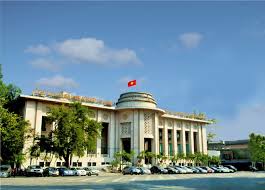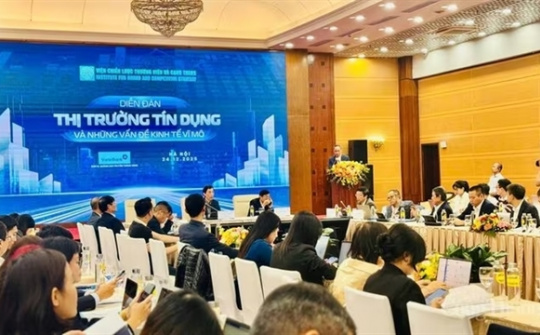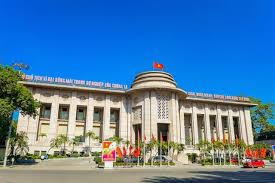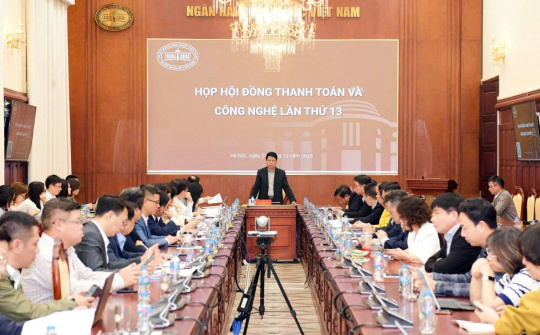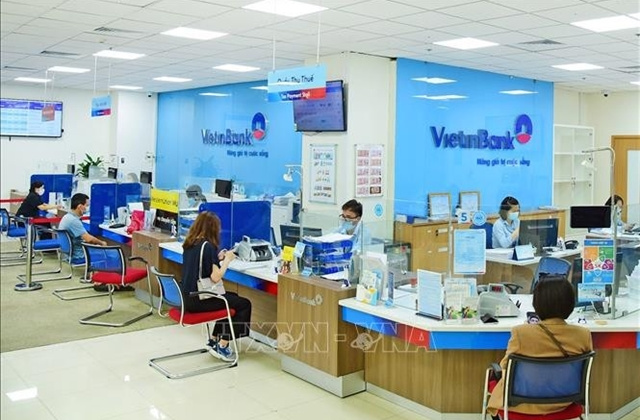
Pandemic-hit firms would enjoy an interest rate cut of two percent under a credit package worth 17 trillion VND to promote economic recovery. (Photo: VNA)
A clear mechanism is essential to ensuring a preferential credit package will benefit pandemic-hit firms and contribute to economic recovery.
Under the State Bank of Vietnam’s draft, which was recently made public, loans of pandemic-hit firms will enjoy an interest rate cut of 2 percent.
The package will total 40 trillion VND sourced from the State budget, aiming to ease financial difficulties for enterprises, cooperatives and business households and recover business operations.
In 2009, the Vietnamese Government used a credit package worth 17 trillion VND (equivalent to 1 billion USD at that moment) sourced from the foreign exchange reserve to provide an interest rate cut of 4 percent for businesses.
However, many banks had not managed to settle these loans, according to Nguyen Quoc Hung, General Secretary of the Vietnam Banks Association.
Although the past package contributed to stimulating economic recovery, it also brought problems, Hung said, pointing out that after the package was implemented, the banking system faced big liquidity problems and rising bad debts.
“It is necessary to put the mechanism of the new preferential credit package under careful consideration to prevent similar problems,” he said.
Banking expert Can Van Luc said lessons learned from the past showed that the new package should have a clear and detailed implementation process.
Luc said that the 2009 package lacked a process, regulations and focus, resulting in several preferential loans being provided to high-risk sectors such as securities and real estate.
Tran Du Lich, member of the Prime Minister’s Economic Advisory Group, said that the preferential interest rate credit package was essential. It was also necessary to have a mechanism to direct preferential credit flows at targeted sectors and pandemic-hit firms to prevent distortions in the financial markets and bab debts.
Sectors and enterprises must be carefully selected, Lich stressed.
Deputy Governor of the State Bank of Vietnam Dao Minh Tu said that the Ministry of Finance might be in charge of approving which enterprises would be provided with the preferential loans./.





